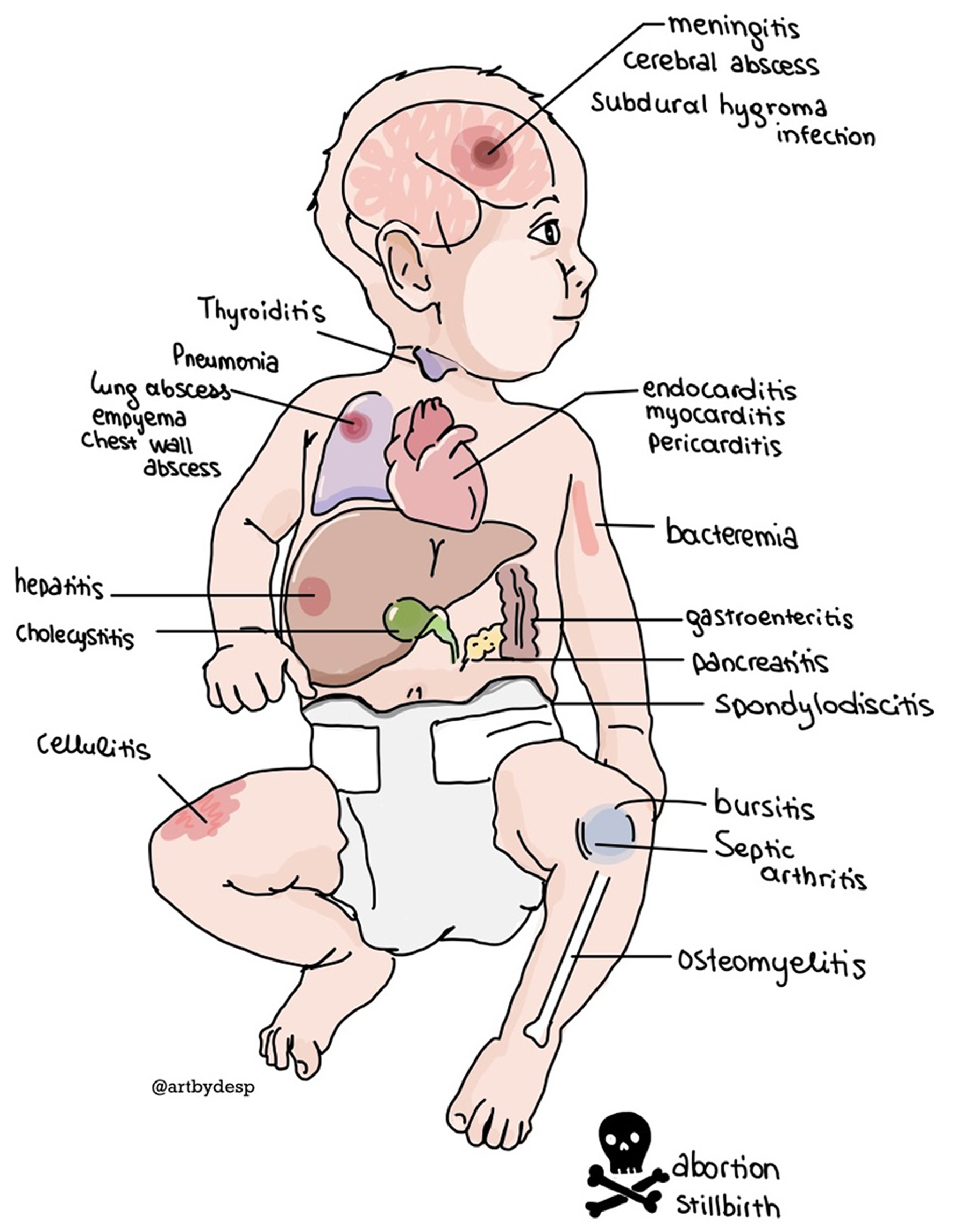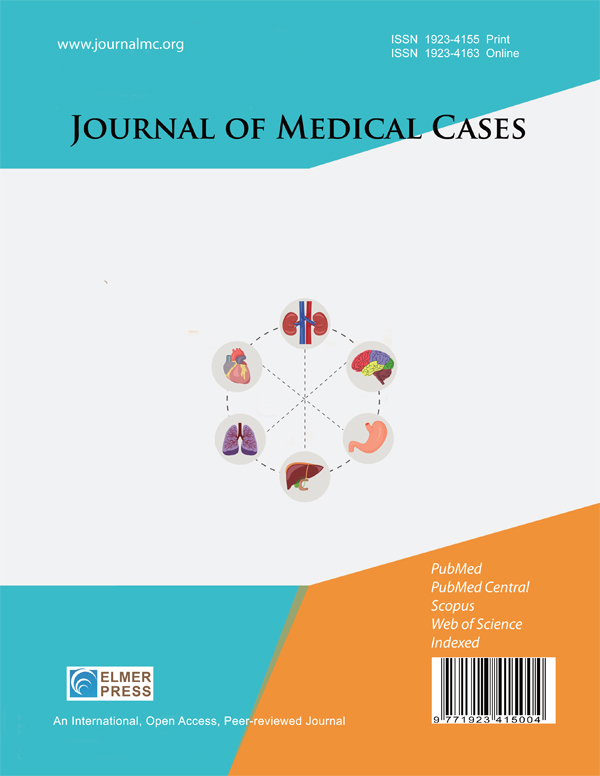An Unusual Cause of Neonatal Infection: A Case Report of Campylobacter coli Meningitis and Sepsis
DOI:
https://doi.org/10.14740/jmc5133Keywords:
Campylobacter, Campylobacter coli, Neonate, Meningitis, Sepsis, Diarrhea, Infection, GastroenteritisAbstract
Neonatal meningitis is associated with increased morbidity, mortality, and long-term consequences. Despite the use of newer techniques, the diagnosis remains challenging, especially in cases caused by rare pathogens. Campylobacter is widely known as the most common cause of bacterial gastroenteritis. However, invasive infections in neonates have been rarely described in the literature. A rare case of neonatal meningitis caused by Campylobacter coli is presented in this case report. A 14-day-old male and late preterm neonate without a remarkable perinatal history was admitted to our Pediatric Department with a 10-h history of fever and loose stools. The initial laboratory studies suggested the diagnosis of meningitis, but isolating the responsible pathogen in blood and cerebrospinal fluid cultures was demanding. After the cultures were repeated and incubated in microaerophilic conditions, Campylobacter coli was confirmed as the etiological agent. Based on antibiotic susceptibility tests, the neonate had a 21-day course of antibiotic therapy with cefotaxime, a third-generation cephalosporin, and remained healthy during the illness without experiencing any neurological sequelae. This case report highlights that rare pathogens should be considered and searched for in cases of neonatal meningitis when there is no identifiable cause with routine microbiological techniques.

Published
Issue
Section
License
Copyright (c) 2025 The authors

This work is licensed under a Creative Commons Attribution-NonCommercial 4.0 International License.









